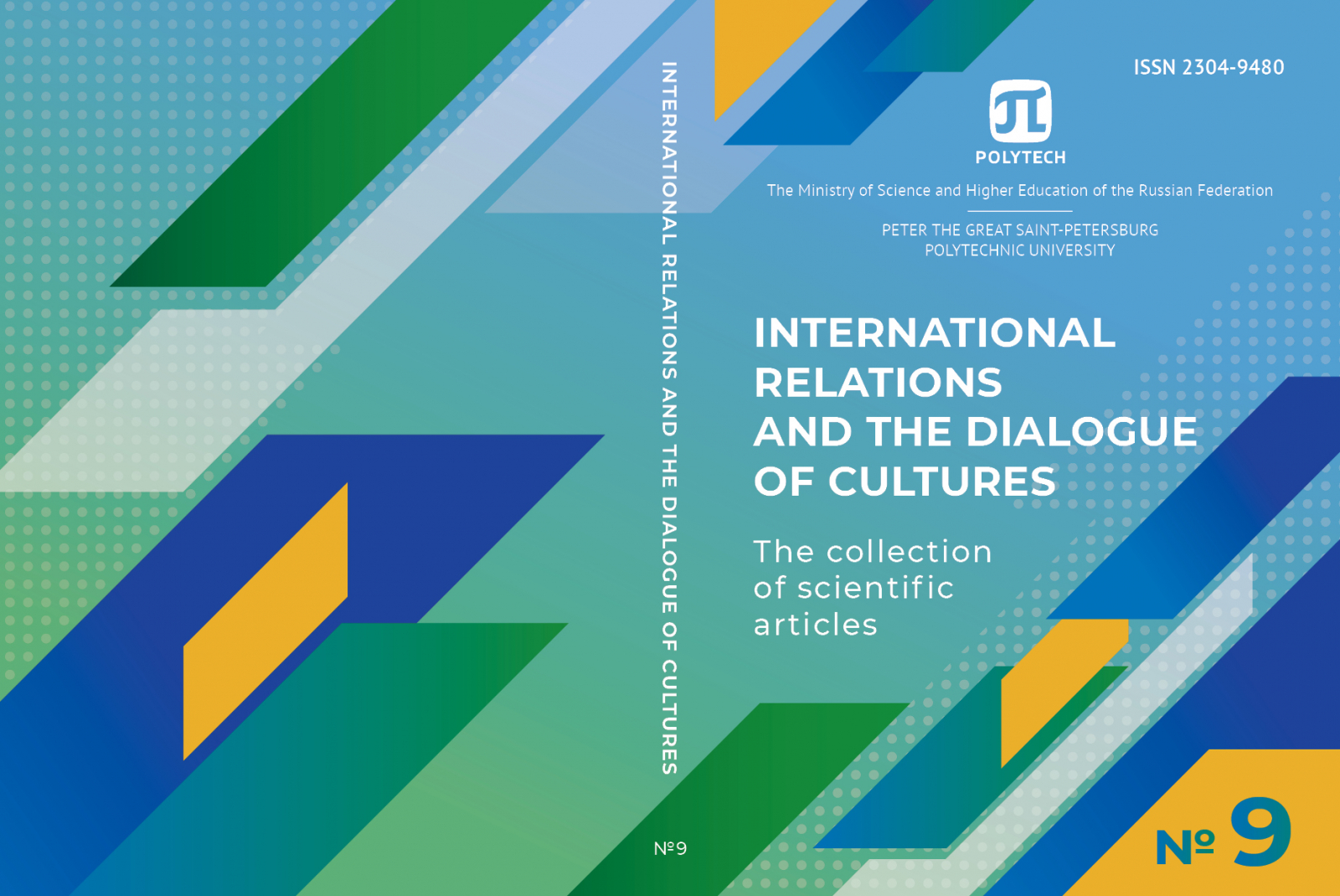LUBLIN TRIANGLE: OPPORTUNITIES AND PROSPECTS FOR THE NEW FORMAT OF COOPERATION
This article deals with the new format of cooperation in Europe – the "Lublin triangle" of Poland, Lithuania and Ukraine, which is negatively and emotionally described in the Russian media, but has not been studied in detail and impartially. The study of this Association is particularly relevant to the aspirations of Poland, which sees itself as one of the new leaders of the European Union against the background of crisis phenomena in its "old members", to intensify its activities in Central and Eastern Europe. . On the part of Russia, whose interests may clash with those of Poland, which is currently relatively hostile to Moscow, it is necessary to understand the true intentions of Warsaw in all its steps in the region. In order to identify the real opportunities and prospects of the “Lublin triangle platform”, the authors analyze the tasks outlined in the joint Declaration of the Foreign Ministers, and then show its political, economic, cultural and historical foundations, comparing all three States according to these indicators. The study revealed the declarative nature of the new cooperation, whose members do not have specific obligations to each other, but at this stage, while maintaining some contradictions and different positions of countries, it is most convenient for them. Although the analysis of the political and economic situation of the three countries suggests the formation of dependence of Ukraine, which is still developing and only aspiring to integrate into the EU and NATO, on Poland and Lithuania, which have achieved success in such a process, the "Lublin" format, without specific obligations and with certain benefits for all participants in the security sphere, may turn out to be the most realistic and promising option for cooperation between the three Eastern European countries, as well as an important factor in the development of international relations in the region. In addition, the Lublin triangle can be a step towards further consolidation of the CEE region based on Euro-Atlantic structures, which should be taken into account when developing Russia's foreign policy.


